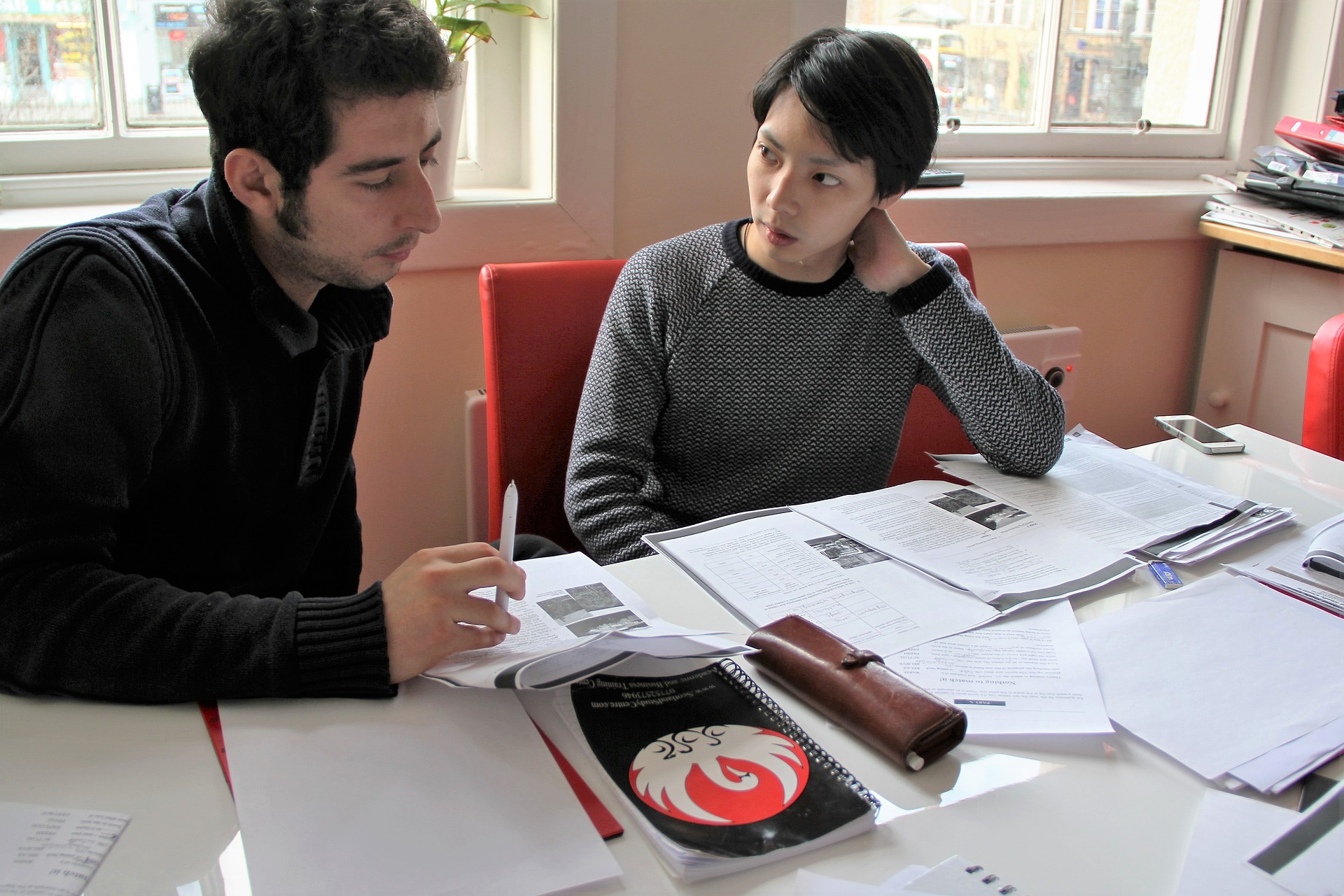At the end of the CATAPULT project, a sustainability plan was drawn up for the CATAPULT platforms: the Community of Practice LinguaCoP and its matching tool Linguaclick. In this plan we unfold two phases for the further development of our platforms. The first phase (2021-2022) focuses on consolidation and expansion and on fundraising to meet all our ambitions. In the second phase (from 2022-2023), we will maximize the potential of LinguaCoP with the help of new investments. In the first phase we will put together a team of volunteers to develop into a professional team in the second phase to support the exploitation of LinguaCoP and Linguaclick.
For which activities are we looking for volunteers?
1 content curation
2 events development
3 publicity
Content curation
In order to remain attractive to the community, it is vital to regularly offer new content related to language training in general and our events in particular: notifications, news in blog posts, topics in our forums, resources… The content volunteers team will strive to identify and share as much content as possible relevant for freelance language and LSP professionals.
Events development
LinguaCoP will organize events around themes related to language training and LSP in particular. The volunteers of the events team help in selecting themes, finding, contacting and guiding suitable speakers for webinars.
Publicity
The volunteers of the publicity team ensure that everyone involved in language training, inside and outside the CoP, is informed as much as possible about the activities of the CATAPULT platforms: the Community of Practice LinguaCoP and its matching tool Linguaclick.
Volunteers can sign up for one or more volunteer teams. The selected volunteers will, if they wish, be presented as official collaborators of the CATAPULT platforms on a special Meet the Team page.
You can leave any questions or comments in a comment on this post, or in this Forum: https://linguacop.eu/forums/forum/volunteers/
Please note, to comment on this post or in our Forums, you must register: https://linguacop.eu/register/
If you prefer, you can also send a message to this email address: volunteers[at]linguacop.eu





